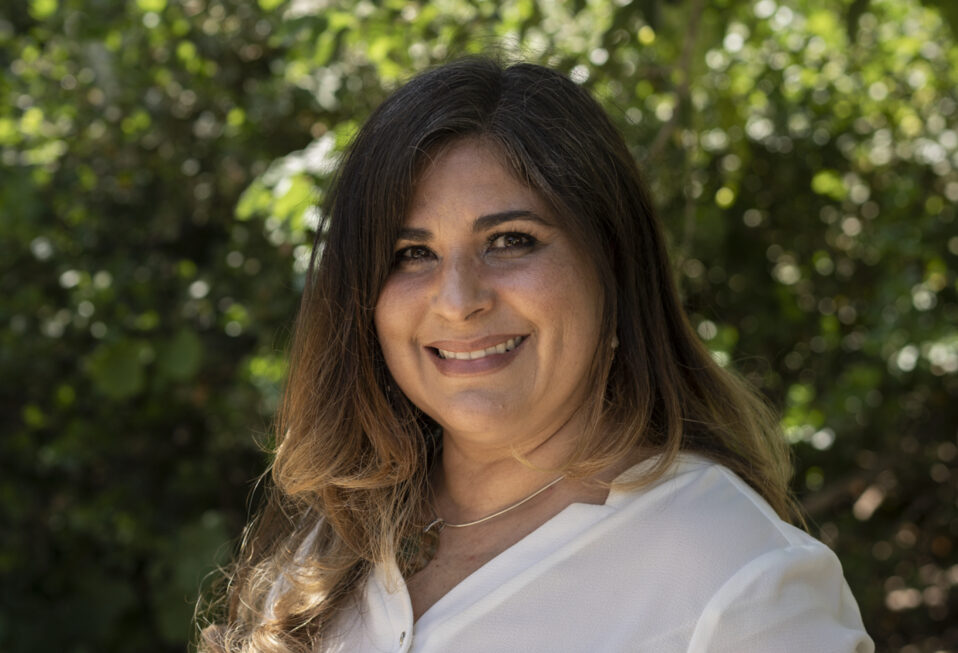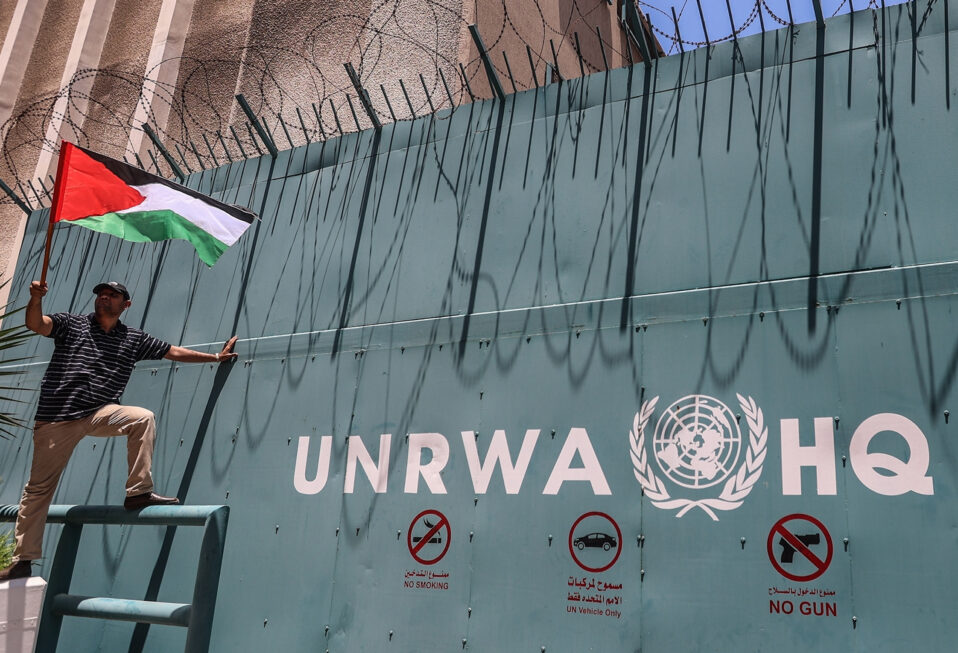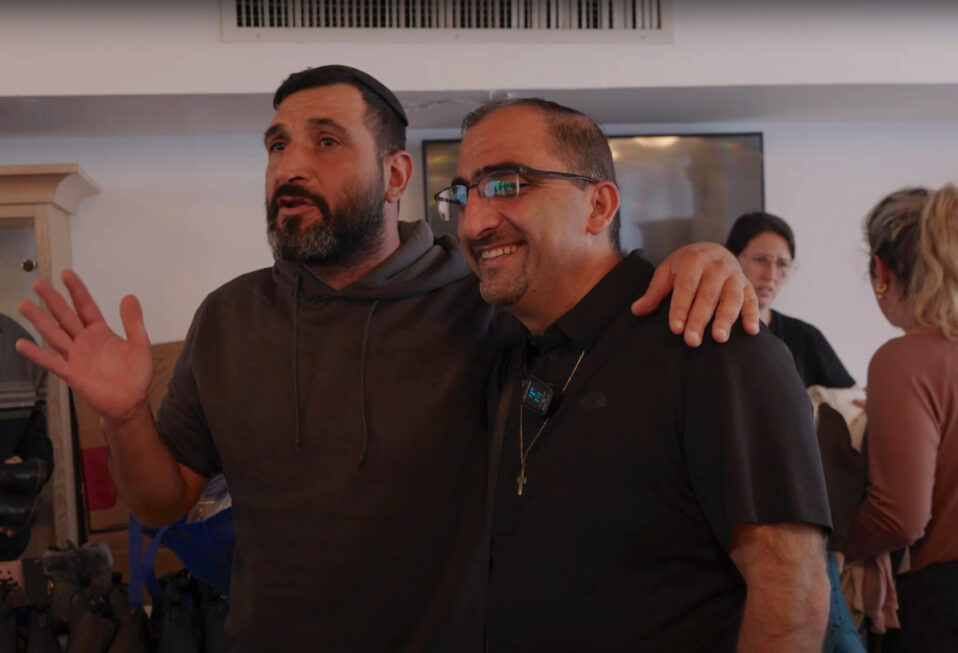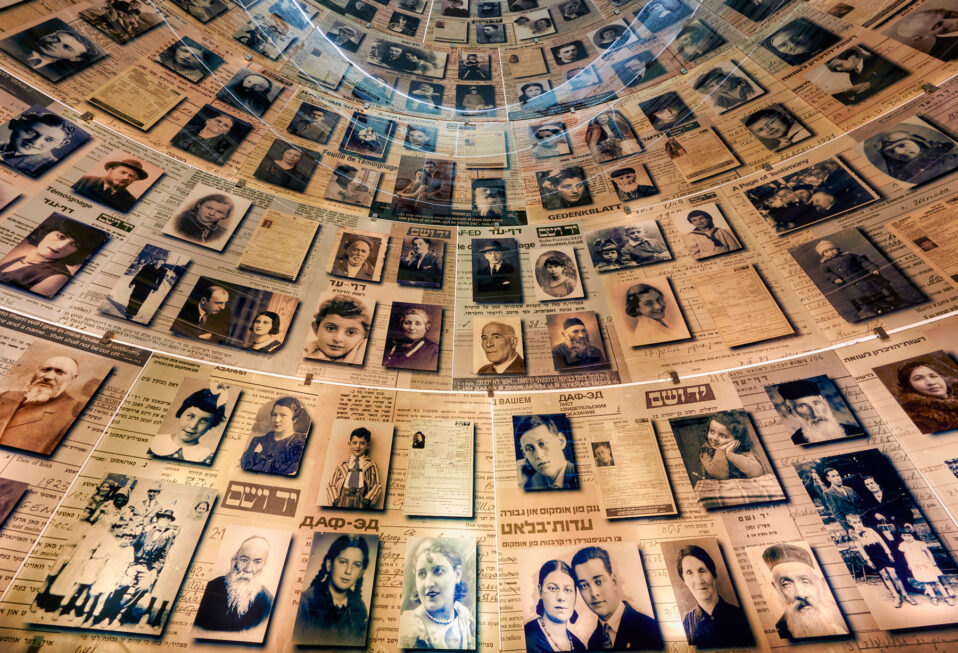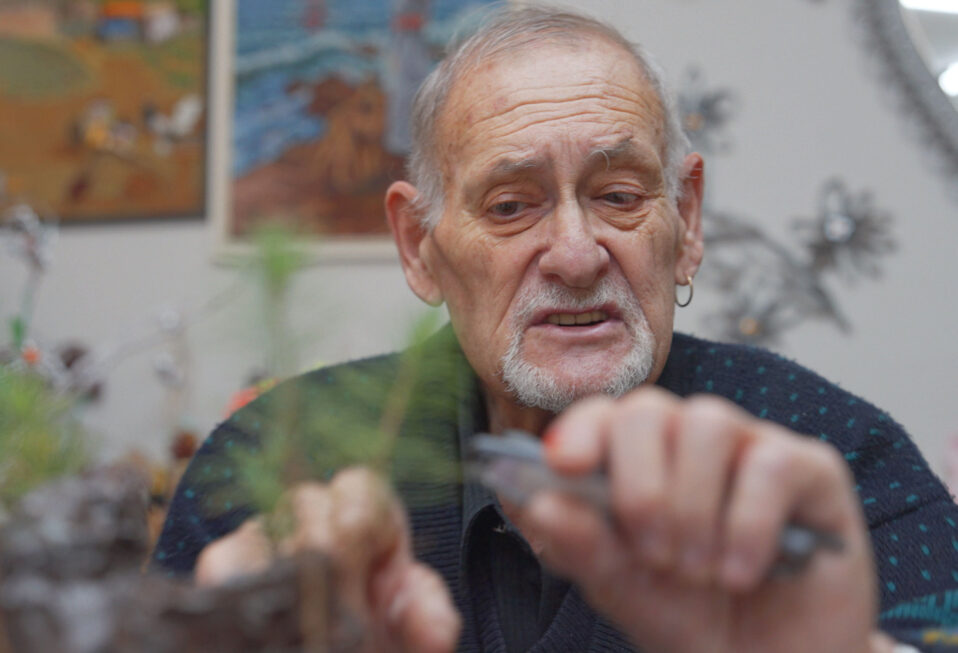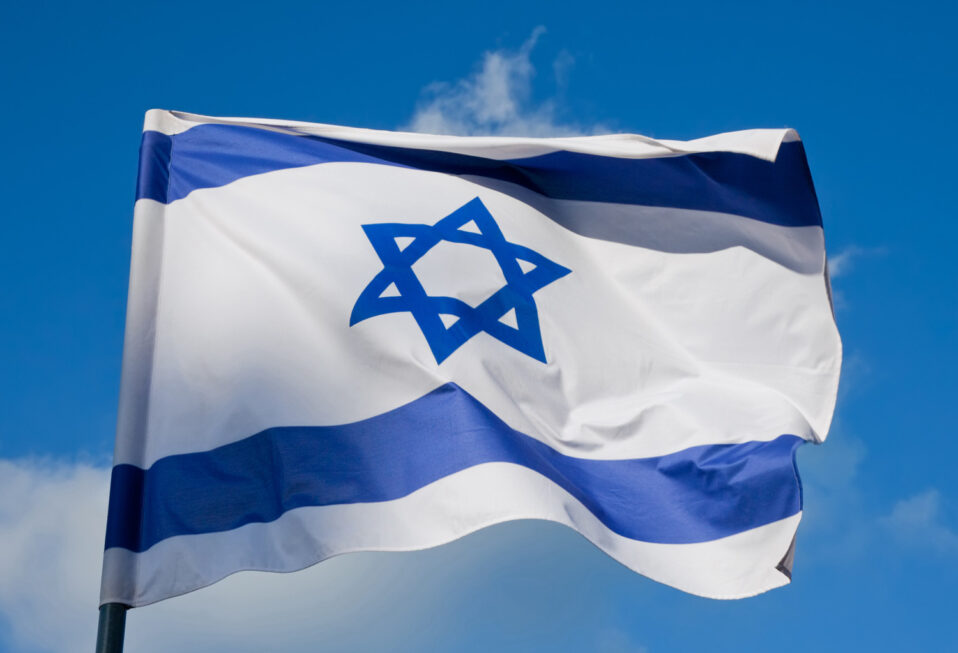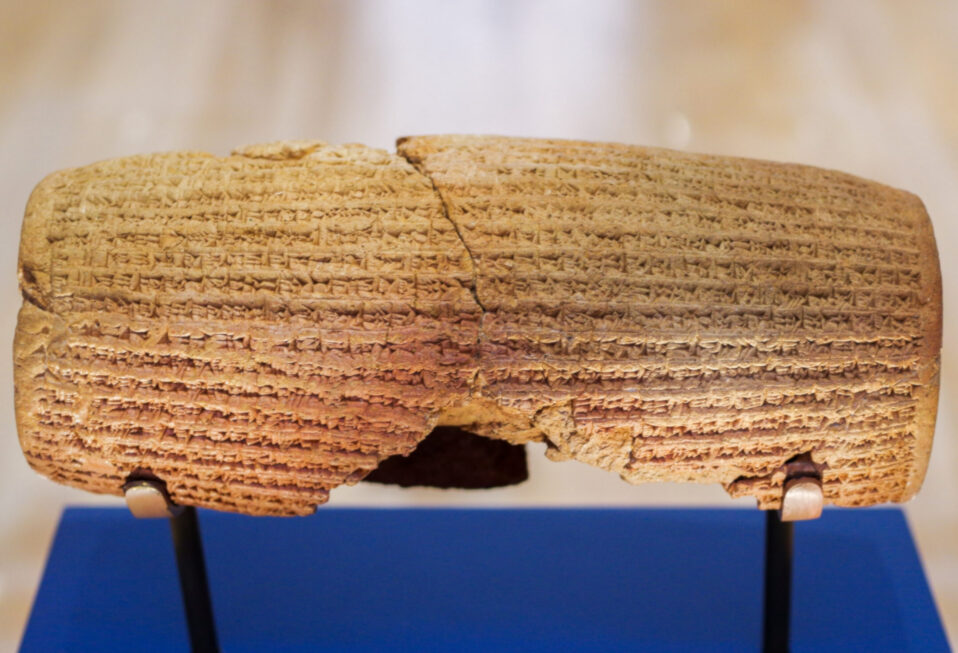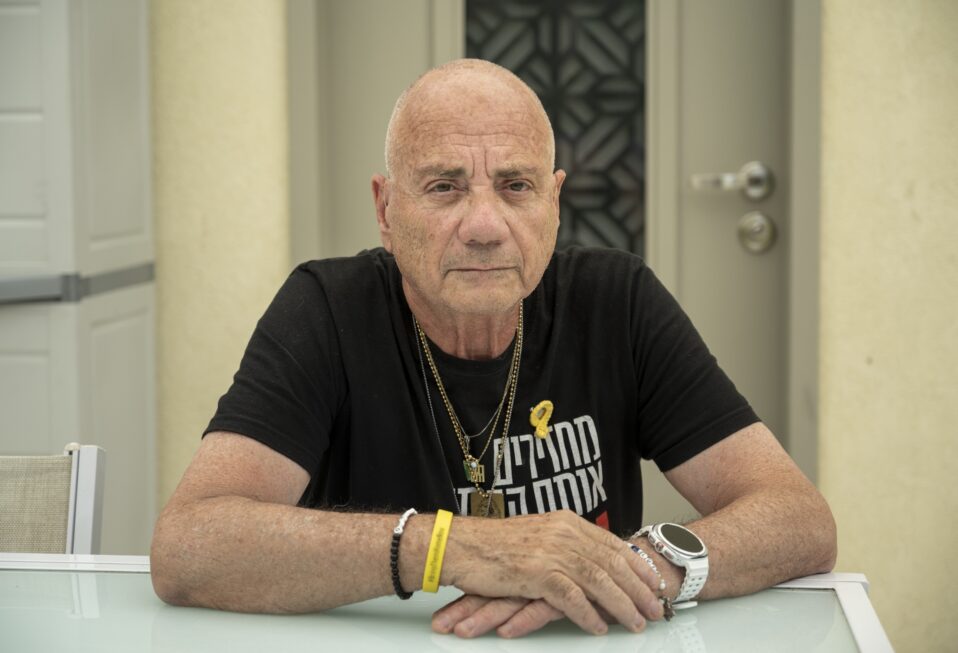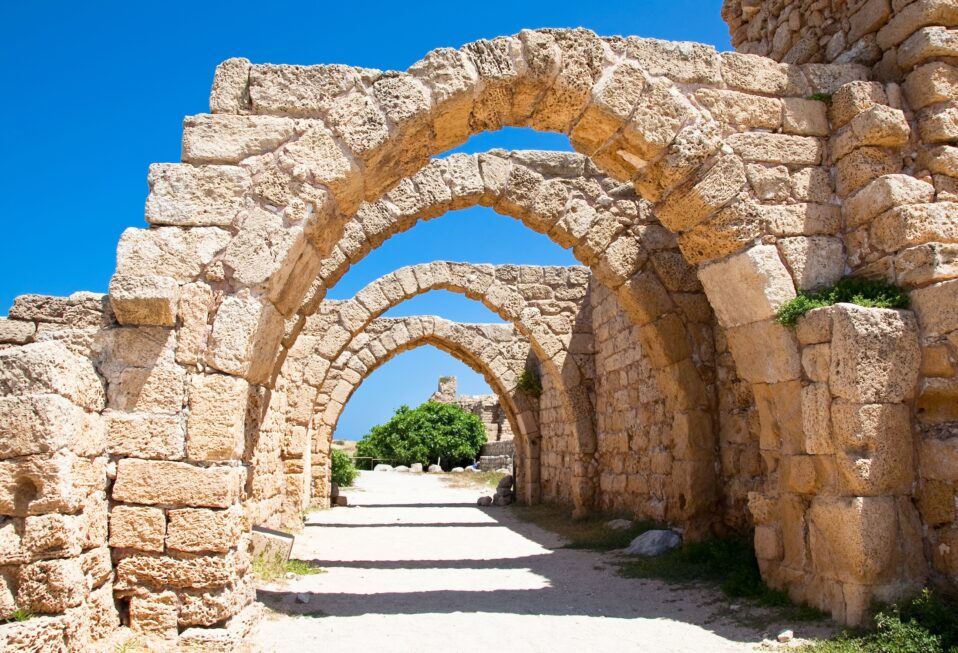By Arlene Bridges Samuels
More stunning facts about Hamas—the new generation of Nazis—are coming to light. The latest exposé is that many staff members of The United Nations Relief and Works Agency for Palestine Refugees (UNRWA) helped Hamas attack Israel on October 7, when 3,000 terrorists slaughtered some 1,200 Israeli men, women, and children and kidnapped around 250 hostages.
As reported by the Wall Street Journal (WSJ), the agency has already fired 12 of their “employees” named among the 13,000 Palestinian staff in Gaza. Overall, UNRWA has a combined 30,000 employees strewn across Israel’s West Bank, Lebanon, Syria, and Jordan. The WSJ estimates that 10% of UNRWA workers are directly implicated, which could mean 3,000 are Hamas accomplices. Meanwhile, Israel views 190 UNRWA staff as “hardened militants,” some who are teachers and others who have turned their professions into terror platforms.
Now UNRWA, Hamas’s main accomplice, is losing donations right and left after operating for 74 years. Why? The Wall Street Journal (WSJ) reports on the two organizations’ deadly, Jew-hating collusion.
UNRWA’s mandate since its establishment in 1949 by the UN General Assembly was “to carry out … direct relief and works programmes” for Palestine refugees. However, its operations have gone rogue since Palestinians elected Hamas in 2007.
The list of countries already suspending their donations is growing—including the United States, Canada, Britain, Australia, Romania, Switzerland, as well as various nations in the European Union, such as Germany, Netherlands, Austria, Italy, Estonia, and Finland. The U.S. is the biggest donor annually with $343,937,718. By comparison, South Africa—which accuses Israel of genocide—donated a measly $171,600 in 2022 to help Gazans. Hamas is the biggest employer in Gaza, with its collaborator UNRWA right behind it. As donor countries learn about UNRWA as Hamas accomplices, they are realizing how they likely helped fund tunnels and terror.
Arab nations are criticizing the monetary suspensions although they barely contribute to UNRWA—nor are they willing to resettle any Palestinians in their own countries. That of course includes Iran, which conveniently amasses propaganda via Hamas and its other surrogates through the global mainstream media.
With donations UNRWA receives—and Hamas’s financial portfolio of investments rife with illegal hidden accounts, $100 million annually from Iran, another $100 million from Qatar)—it is proof that Palestinians who face 47 percent unemployment with 80 percent living in poverty have been robbed by terrorists to promote hate and destruction instead. The United Nations itself reports that around $250 is the estimated monthly income for ordinary Gazans. In 2022, UNRWA reported that more than $1 billion was pledged from its “voluntary contributors.”
Clearly, sanctions are necessary. Former U.S. President Donald Trump canceled aid to UNRWA, understanding its links to terrorism and anti-Semitism. The Biden administration restored U.S. aid to UNRWA in 2021 while it also declared “zero tolerance” for anti-Semitism.
The acronym UNRWA is hard to pronounce but easy to understand. Based on its published policies, this is the only UN agency designed to care for a specific refugee group, the Palestinians. On UNRWA’s website, it shows a staggering statistic: 110 million people are forcibly displaced in our world due to persecution, violence, and human rights violations. Nevertheless, 2 million Palestinians have been treated differently since 1949.
This selection of facts from the excellent Aish.com and the recent Wall Street Journal article describe some of the agency’s policies. The facts are emerging in a dossier of intelligence information. A senior Israeli official commented, “A lot of the intelligence is a result of interrogations of militants who were arrested during the October 7 attack.” In addition to taking part in the attacks, which included sexual violence, torture, kidnapping, and murder, UNRWA employees used UNRWA vehicles and buildings on October 7. Some employees held hostages and moved them from point to point in UNRWA facilities shared by Hamas. Tzipi Hotovely, Israel’s Ambassador to Great Britain, observes that, “Every school, every mosque, every second house” conceals a Hamas entrance, weapons depot, or both.
Gazan schools use UNRWA textbooks to teach Jew hatred. They make terrorists into heroes, brainwash children into martyrdom, and demonize Israelis. The UNRWA slogan for children should be “Victimize with lies.”
One of the most egregious mind games perpetuated by UNRWA is that being a “refugee” is a permanent state of being. UNRWA identifies all the world’s more than 7 million Palestinians as “refugees,” with a right to return to Israel based on the Arab-initiated War of Independence against Israel in 1948. Among them is Mohamed Hadid, father of two famous Palestinian-American models. He lives in a 4.5-million-dollar mansion in Beverly Hills. Hadid has been a refugee since birth. He is now more than 70.
UNRWA accuses Israel of killing 150 of its employees. Even if the number is accurate, in buildings identified as Hamas-run with tunnels and weapons, it prompts the question of why “employees” were there. UNRWA has mentioned Hamas tunnels in past years, but those comments seemed to fall on deaf ears. When humanitarian aid began arriving in Gaza, the agency tweeted that Hamas was looting UNRWA food and fuel supplies. While that claim is true, unfortunately UNRWA deleted the tweets. Whether willingly or coerced, UNRWA, an arm of the United Nations, was protecting Hamas and its 17-year military buildup after Palestinians voted for them in 2007.
Characterizing Hamas as the “new generation of Nazis” is a fitting description. In 2007 Hamas began building a new kind of headquarters repurposed into hatred—300 miles of weaponized tunnels, a literal underground suburb for Hamas. In December, the IDF discovered the biggest weapons depot to date filled with large stores of rocket-propelled grenades, anti-tank missiles, explosives, and unmanned aerial vehicles.
One hundred thirty-six hostages remain imprisoned in the deadly Hamas suburb. For them, it is an underground concentration camp. Yocheved Lifshitz, an 85-year-old hostage freed on October 24, described the tunnel network as a “spider web.” And a spider web it is, with UNRWA now identified as an accomplice with Hamas in the October 7 attacks.
The world public easily forgets disaster after disaster. When another horror comes along, the past is erased. It is imperative that we not erase the hostages and their families from our hearts and minds. In our community of Christian believers, we are the ones inclined toward compassion. Let us take command of facts on social media, with groups, friends, and our churches to counteract the massive barrage of lies worldwide. May we choose to be ambassadors for hostages by posting their photos and stories.
As we stand with Israel together, join our CBN Israel team drawing hope from Isaiah 2:4 NIV: “He will judge between the nations and will settle disputes for many peoples. They will beat their swords into plowshares and their spears into pruning hooks. Nation will not take up sword against nation, nor will they train for war anymore.”
Prayer Points:
- Pray daily for the 136 hostages and their brave, yet traumatized families.
- Pray for the IDF to locate all hostages amid the dangerous, complex tunnels.
- Pray for Prime Minister Netanyahu, military leaders, and the Knesset to remain unified.
- Pray for Christian commitment to spread facts about Israel.
- Pray for the endurance of Christian media like CBN News, TBN, and All Israel News operating 24/7 to report the facts.
Arlene Bridges Samuels pioneered Christian outreach for the American Israel Public Affairs Committee (AIPAC). After she served nine years on AIPAC’s staff, International Christian Embassy Jerusalem USA engaged her as Outreach Director part-time for their project, American Christian Leaders for Israel. Arlene is an author at The Blogs-Times of Israel and has traveled to Israel since 1990. She co-edited The Auschwitz Album Revisited and is on the board of Violins of Hope South Carolina. By invitation, Arlene attends Israel’s Government Press Office Christian Media Summits. She also hosts her devotionals, The Eclectic Evangelical, on her website at ArleneBridgesSamuels.com.


